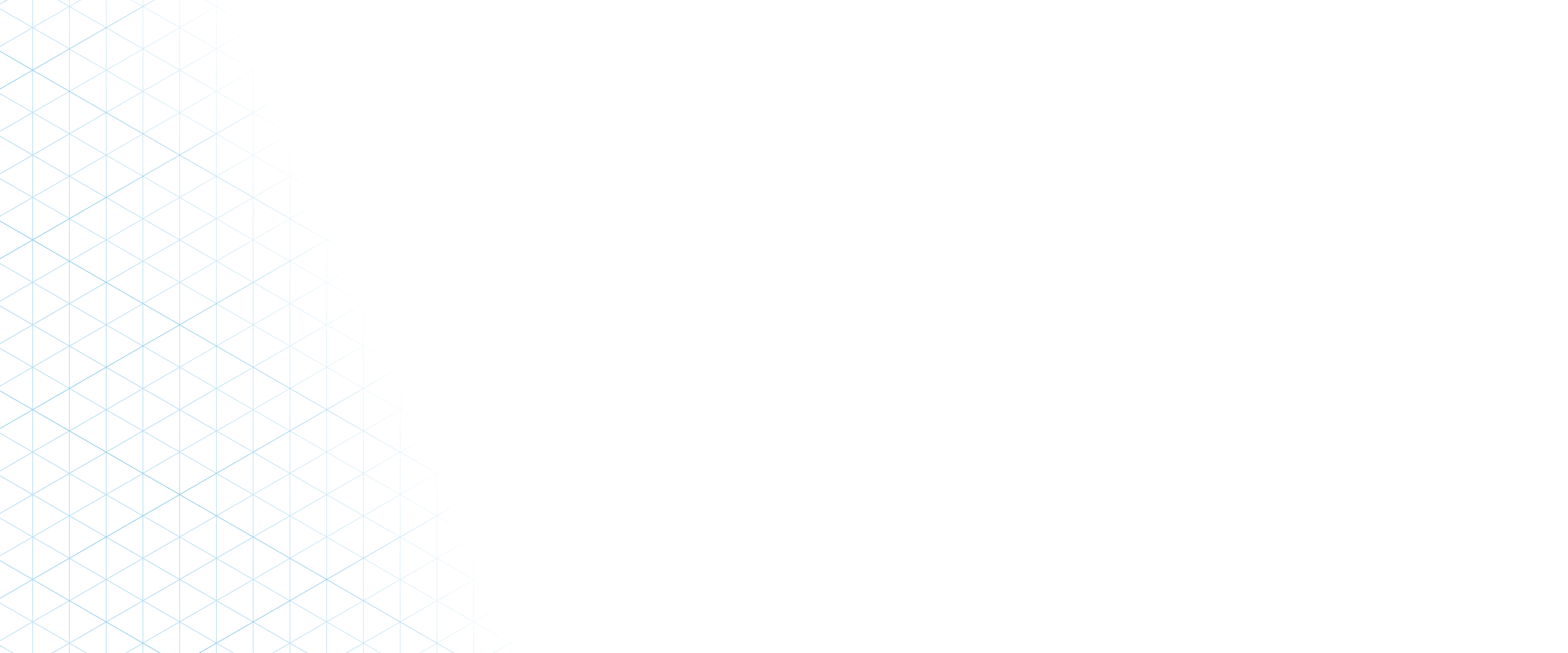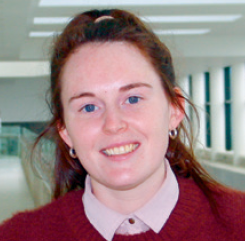Physiology
BSc (Hons) (NFQ Level 8)

Course Video
Curricular information is subject to change.
Open AllPhysiology is an area of biology related to how the human body works. Physiologists are interested in how the cells and organs of the body operate and how their incredible array of processes co-operate to enable our bodies to function under normal and challenging circumstances. Physiologists are, therefore, at the forefront of medical research and the search for a better understanding of disease processes.
At UCD, Physiology students acquire a thorough understanding of the organs of the body, such as the heart, lungs, kidneys, and how they function, interact and respond to the internal and external environment.
Physiology is one of the degree subjects available through the Biological, Biomedical & Biomolecular Sciences stream in the common entry Science course.
Students study similar modules for all degree subjects in the Biological, Biomedical & Biomolecular Sciences stream in first year and will study modules for a minimum of two degree subjects in second year. At the end of second year, students choose their degree major. Assuming students meet all the academic requirements in first and second year, students are guaranteed a degree subject from the stream they are studying in second year. We do our best to ensure that students go on to study their top degree subject choice. As we offer plenty of degree subjects in each stream, students have a number of similar degree subjects to choose from as their degree major. This is a sample set of modules that a Physiology student could study each year in UCD.
First Year
- Scientific Enquiry
- Cell Biology & Genetics
- Basis of Organic and Biological Chemistry
- Biomedical Sciences
- Biology in Action
- Life on Earth
- Linear Algebra for Science
- Calculus for Science
- Optional Science Modules
- Elective Module
Second Year
- Biomolecular Lab Skills
- Molecular Genetics & Biotechnology
- Biomolecular Sciences
- Cell & Tissue Physiology
- Organ & Systems Physiology
- Chemistry for Biologists
- + modules for 2 other Science Subjects
- Elective Modules
Third Year
- Membrane Biology
- Cardiovascular Physiology
- Digestion & Excretion
- Data Modelling for Science
- Respiratory Physiology
- Endocrine Physiology
- Experimental Physiology
- The Brain & Motor Control
- Optional Modules
- Elective Modules
Fourth Year
- Research Project
- Fundamentals of Physiological Research
- Adaptation to Hypoxia
- Physiology Journal Club
- Haemostasis & Thrombosis
- Brain Disorders
- Physiological Genomics
- The Physiology of Disease
- Optional Modules
Timetables & Assessment
Each student will have their own timetable based on their individual module selection. This is a full time course and classes may include lectures, practicals and tutorials, depending on the subjects. Students will also be expected to study independently (autonomous student learning). Assessment varies with each module but may comprise continuous assessment of practicals, written exams and online learning activities.
Physiology students have spent time studying at the following universities:
- San Jose State University, USA
- University of Queensland, Australia
Physiology graduates go on to establish careers in the following areas:
- Biomedical research in the university system or other government-run operations
- Pharmaceutical industry-based research and development
- Clinical trials
- Pharmaceutical industry sales
Physiology graduates regularly gain places on graduate-entry Medicine and other allied healthcare degree courses. UCD provides opportunities for graduate physiological research at the Master’s or PhD level. Research into basic physiological mechanisms takes place but the research focus is on translational research, i.e. the research that enhances our understanding of human disease that leads to advances in the improvement of human health.
“I am so glad I chose Physiology, as the level of academic teaching was outstanding and I loved learning how various systems of the body worked. My final year project was based on the inflammatory responses of spinal cord injury. Following my graduation, I worked in the National Virus Reference Laboratory. I am now studying for a PhD at the University of Otago in New Zealand, focusing on signalling pathways of oestrogens in the brain. UCD offered a whirlwind of opportunities, which allowed me to flourish. I was a Student Ambassador, Peer Mentor and served on committees like An Cumann Gaelach. I also spent two summers in Tanzania with UCD Volunteers Overseas.”
Celine Camon, Graduate
Associate Professor John Baugh
UCD School of Medicine and Medical Science
Belfield,
Dublin 4
Email: askscience@ucd.ie


